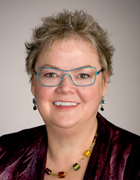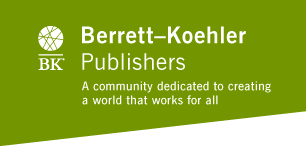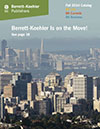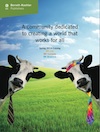About the Author

Linda Stout
"Linda Stout takes her own place in that long tradition of women leaders--in the antislavery movement, the Populist movement, the labor movement. Her work forms a link between that history and the struggles to come in the twenty-first century." -- Howard Zinn, author of A People's History of the United States
Linda Stout grew up poor in North Carolina. Her father was a tenant farmer, later factory worker and her mother worked in the textile mills until she became disabled when Linda was five. It was growing up in poverty and really wanting to make things difference, not only for herself and her family, but for her whole community, that got her started working as a grassroots organizer. She wanted to maker her community better, but thought the only way to do that was through prayer and making small changes.
Organizers seemed to speak only to college-educated people who were also well-versed in politics and spoke a language that excluded her. But she began to realize that there were many others like her: people who joined groups working on issues that concerned them but who dropped out because they didn't feel at home with those who spoke theoretical language of change that felt distant and apart from their experience. She decided that she might not be able to be an organizer with the peace and women's movement, but she could organize other poor people like herself.
Linda went on to become a community organizer, but with a keen awareness about the need to speak the language of people who didn't know the language of social change and organizing. That awareness of her own roots and of the people she wanted to reach let her build the Piedmont Peace Project. One of the most successful grassroots organizations in the southeast in the 1980s, PPP was formed in the midst of a daunting mix of well-organized corporate interests, including textile giant Cannon Mills, and icons of intolerance such as Senator Jesse Helms and the Ku Klux Klan. PPP made historic political and social change in local communities, and brought Linda such experiences as writing her first book, Bridging the Class Divide and Other Lessons for Grassroots Organizers, being featured in the PBS documentary, The Rage for Democracy, and appearing on a panel with Hillary Clinton and Bill Moyers on national public television.
A key moment that Linda remembers that helped her want to bring different people together was when a well-known organizer of the Ku Klux Klan walked into a rally that PPP was holding against the first Iraq war. He moved to the wall of over five hundred names that the group had put up to honor their friends and family members serving in the military and quietly added his son's name.
Now, with Spirit in Action, the organization she founded in 2000, Linda follows her passion to make movements for change welcoming to people of all backgrounds, not just college educated, middle class white people. She helps bring people together to build trust so that all voices are heard as part of creating a collective vision for the future. She loves her two dogs, Sassafras and Smidgen, and raises backyard pet chickens, some of which lay colored eggs.
 0 items in cart
0 items in cart









